Fushimi Inari-taisha 伏見稲荷大社
伏見 Fushimi is the ward of Kyoto where this shrine is located.
稲荷 Inari is the Shinto deity to whom this shrine is dedicated.
大社 Taisha means “big shrine.”
On the last day of the year, I got the chance to go back to Kyoto to see a couple more shrines. There was one left that I needed to hit. (And by ‘one’, I mean over a thousand).




Fushimi Inari-taisha is another super-recognizable shrine in Kyoto. It is comprised of over one thousand ten, Japanese sacred gates.
Entrance
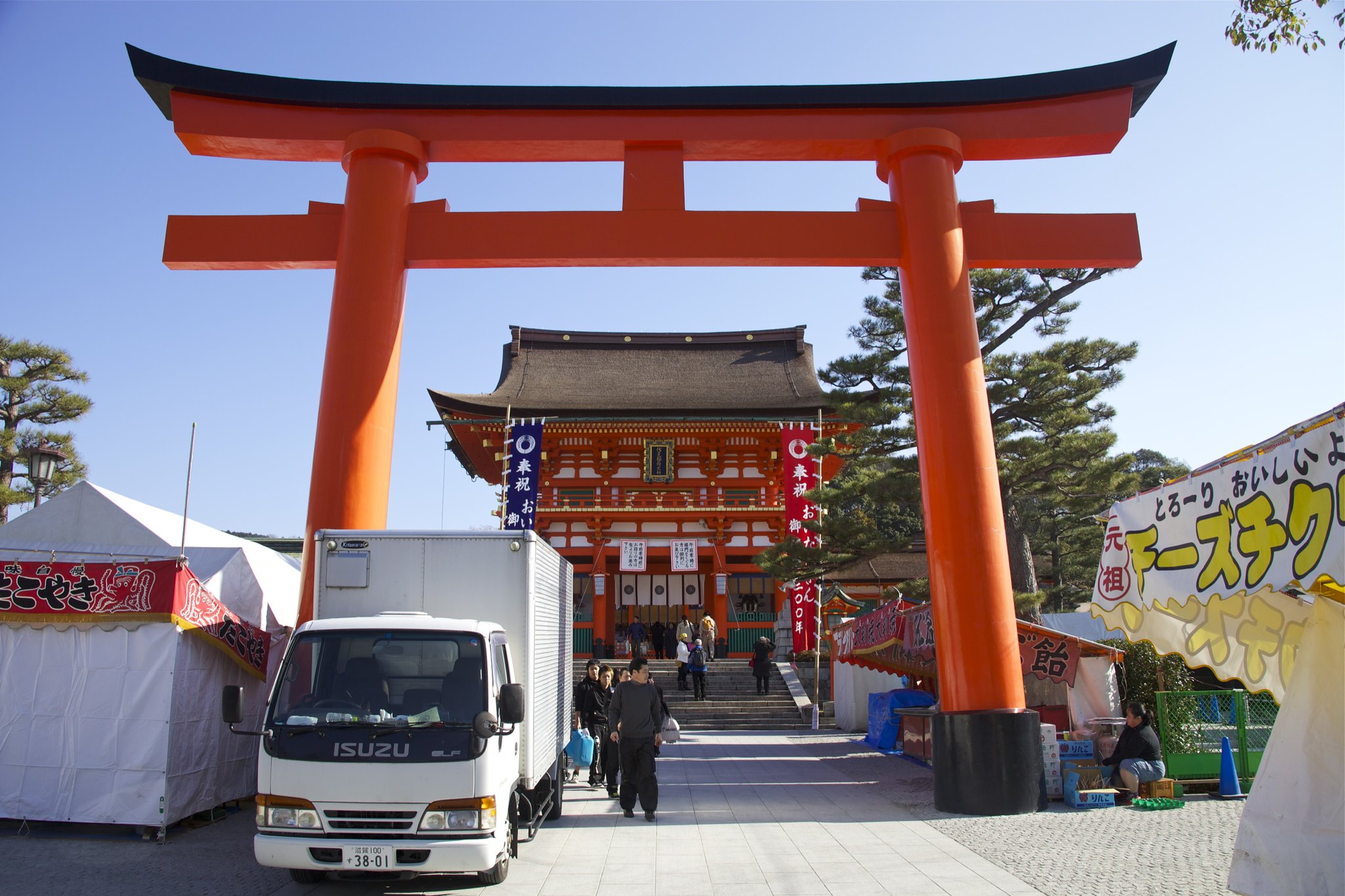
Complete with sacred Isuzu.
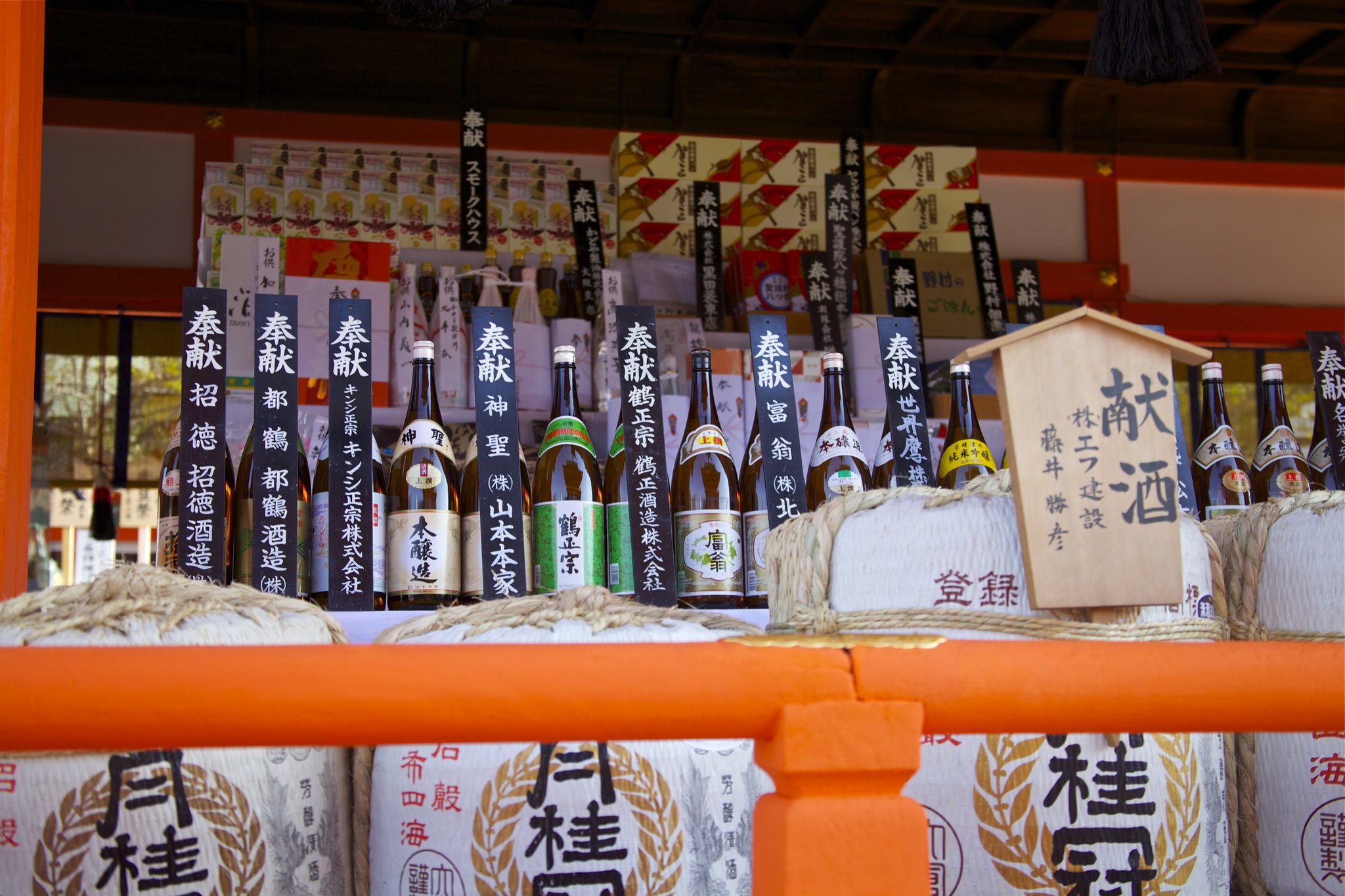
Come new year, the Japanese bring sake offerings for the gods. You think your New Year’s day hangover was bad? Try being a Shinto deity.
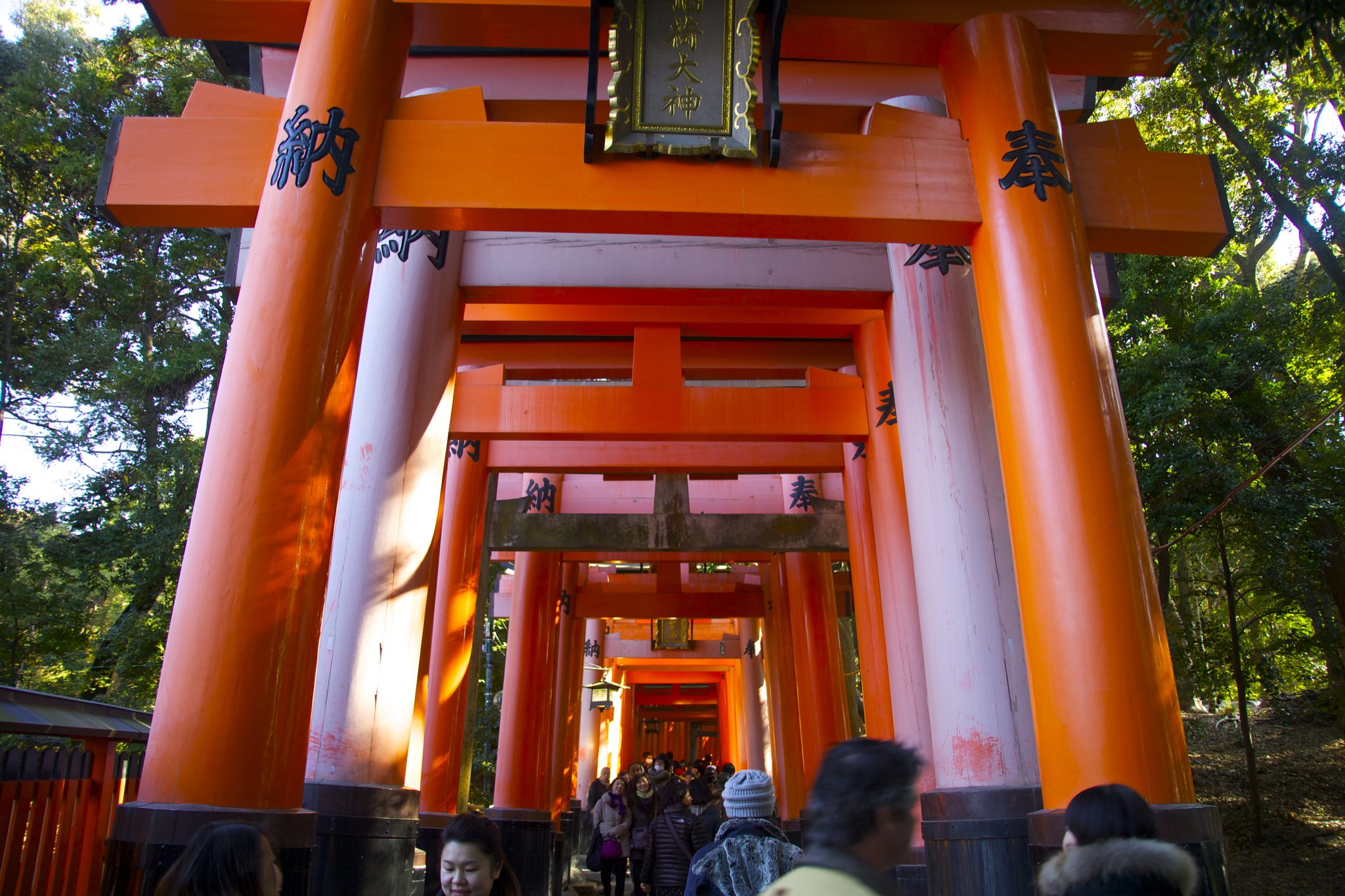
The first ten. The kanji on the top (read right to left) is 奉納 - hoonoo, meaning offering, or dedication. On the back of each ten it indicates who dedicated it, and in what year it was built.
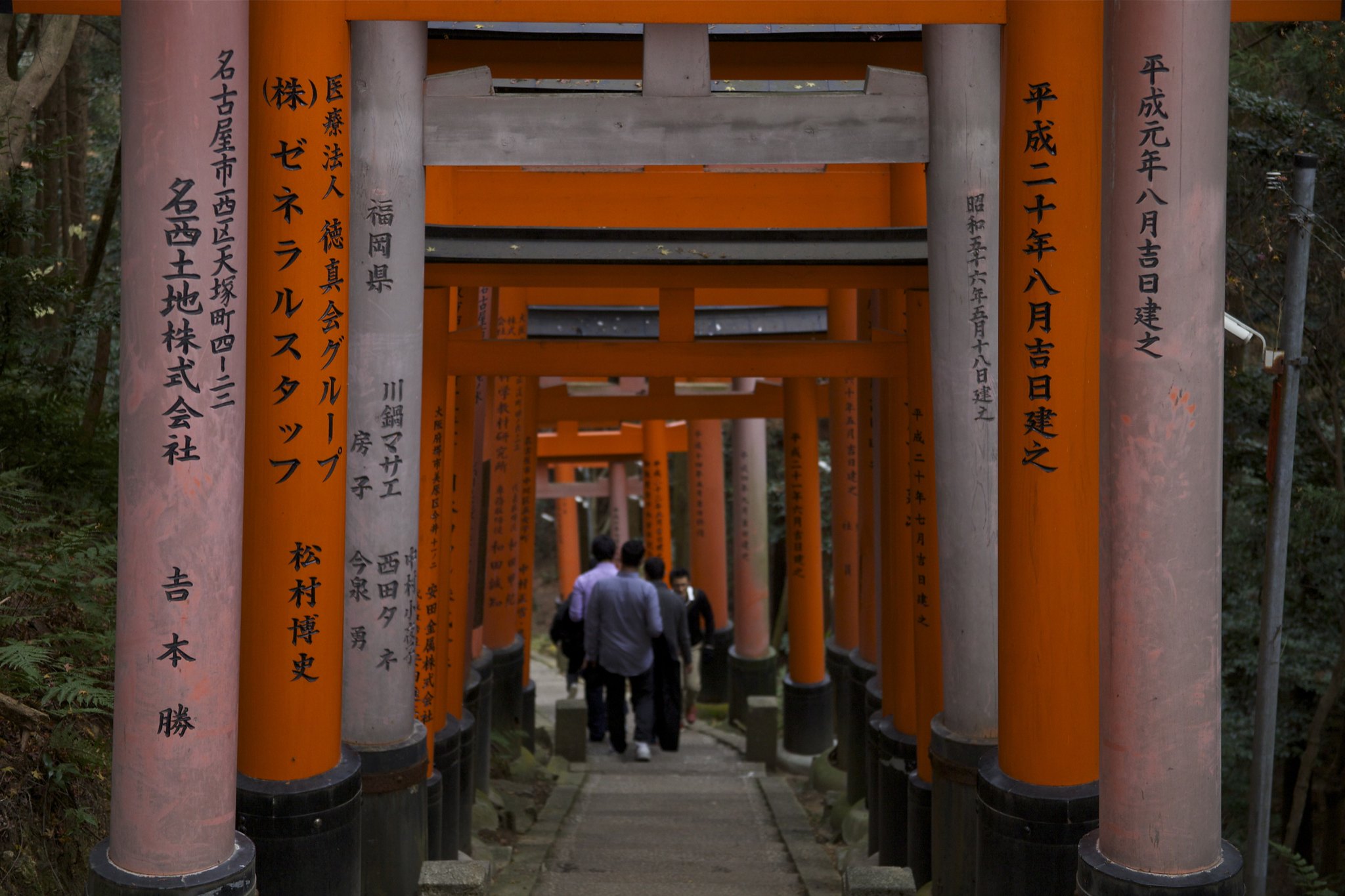
Let’s take a look at the second (bright orange) ten. On the right, it says it was built in year 20 of the Heisei (current) period, meaning 2008. On the left, it says it was donated on behalf of a Dental Group in Tokyo.
The Onslaught
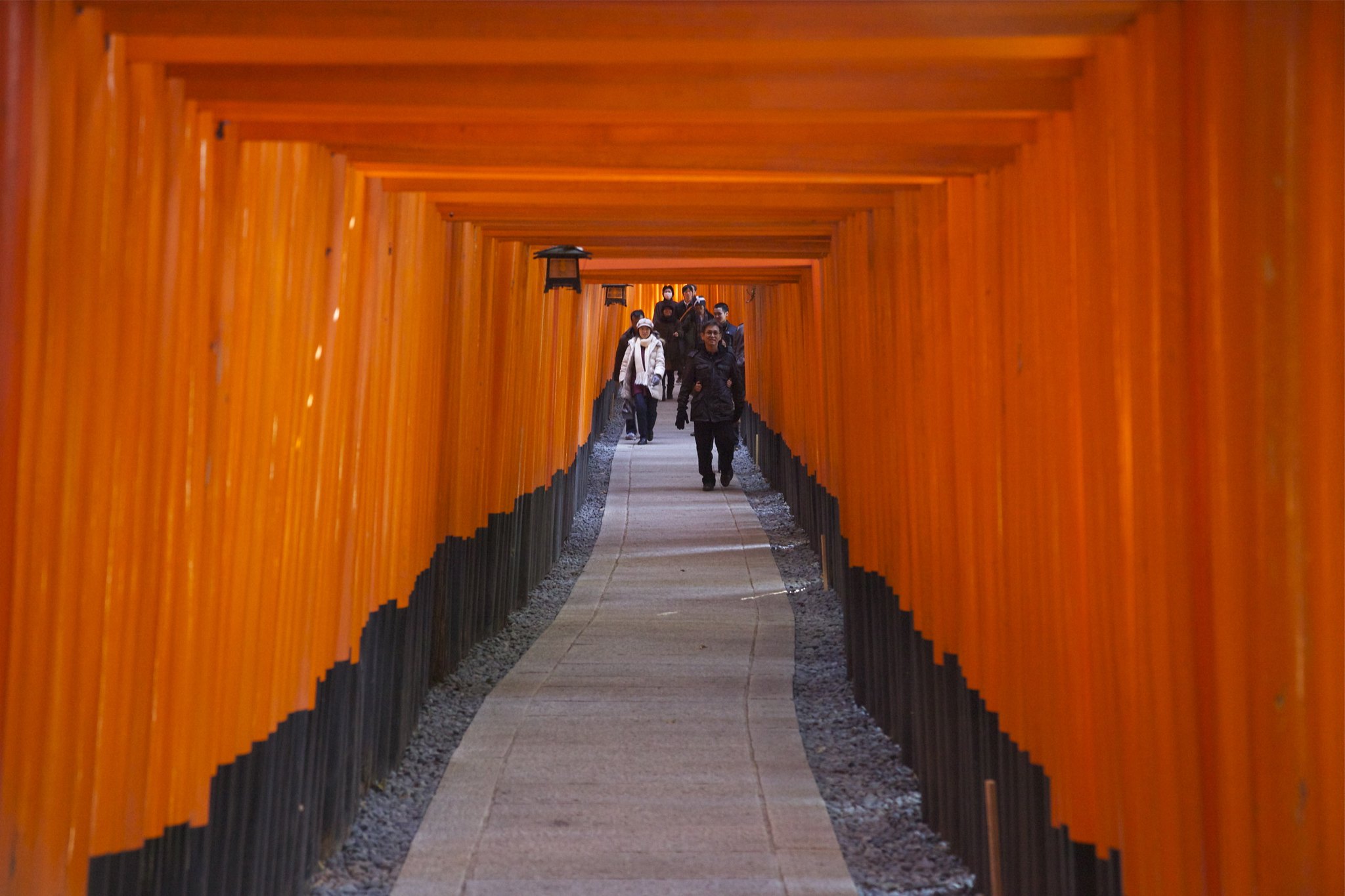
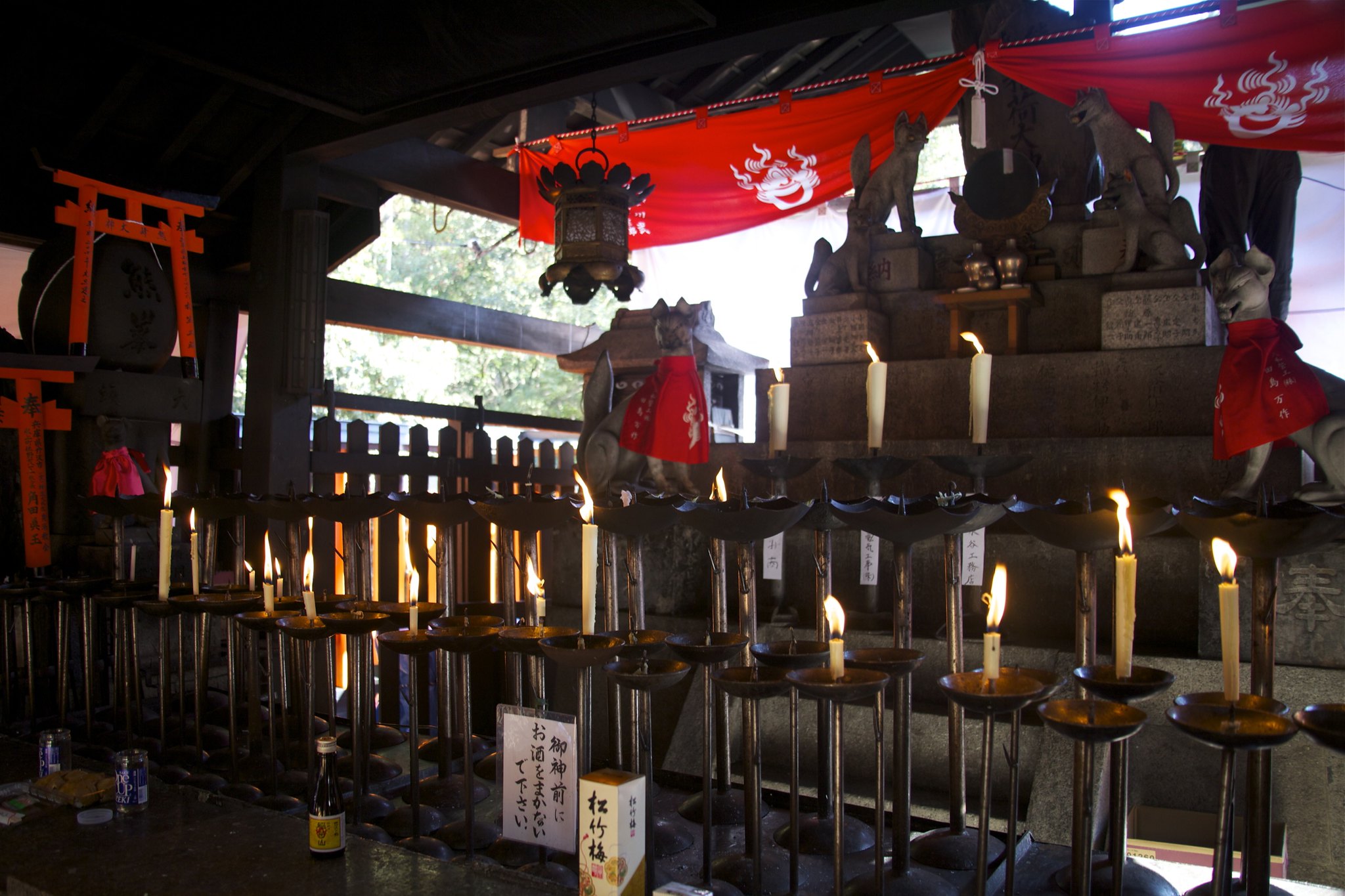
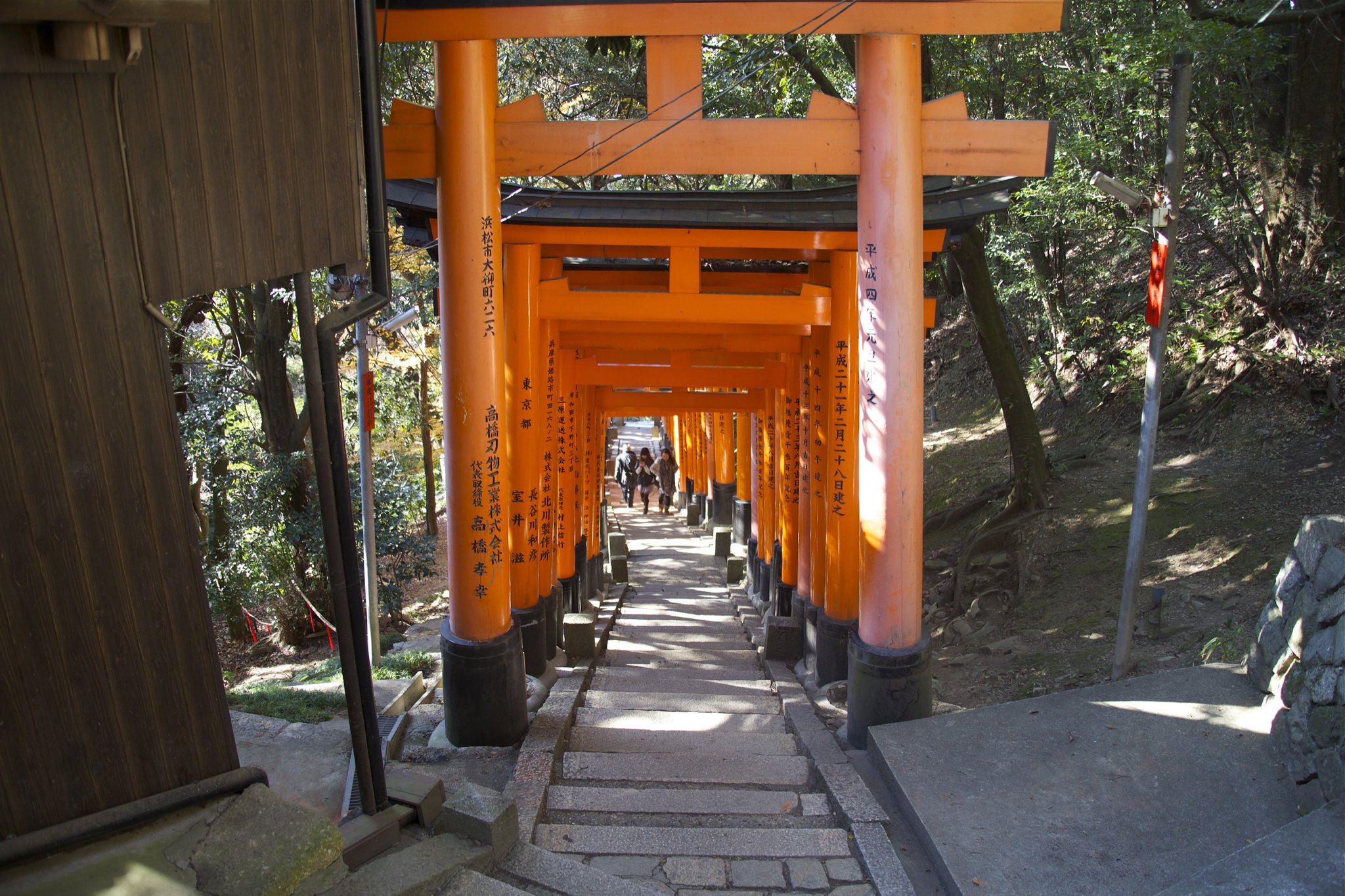
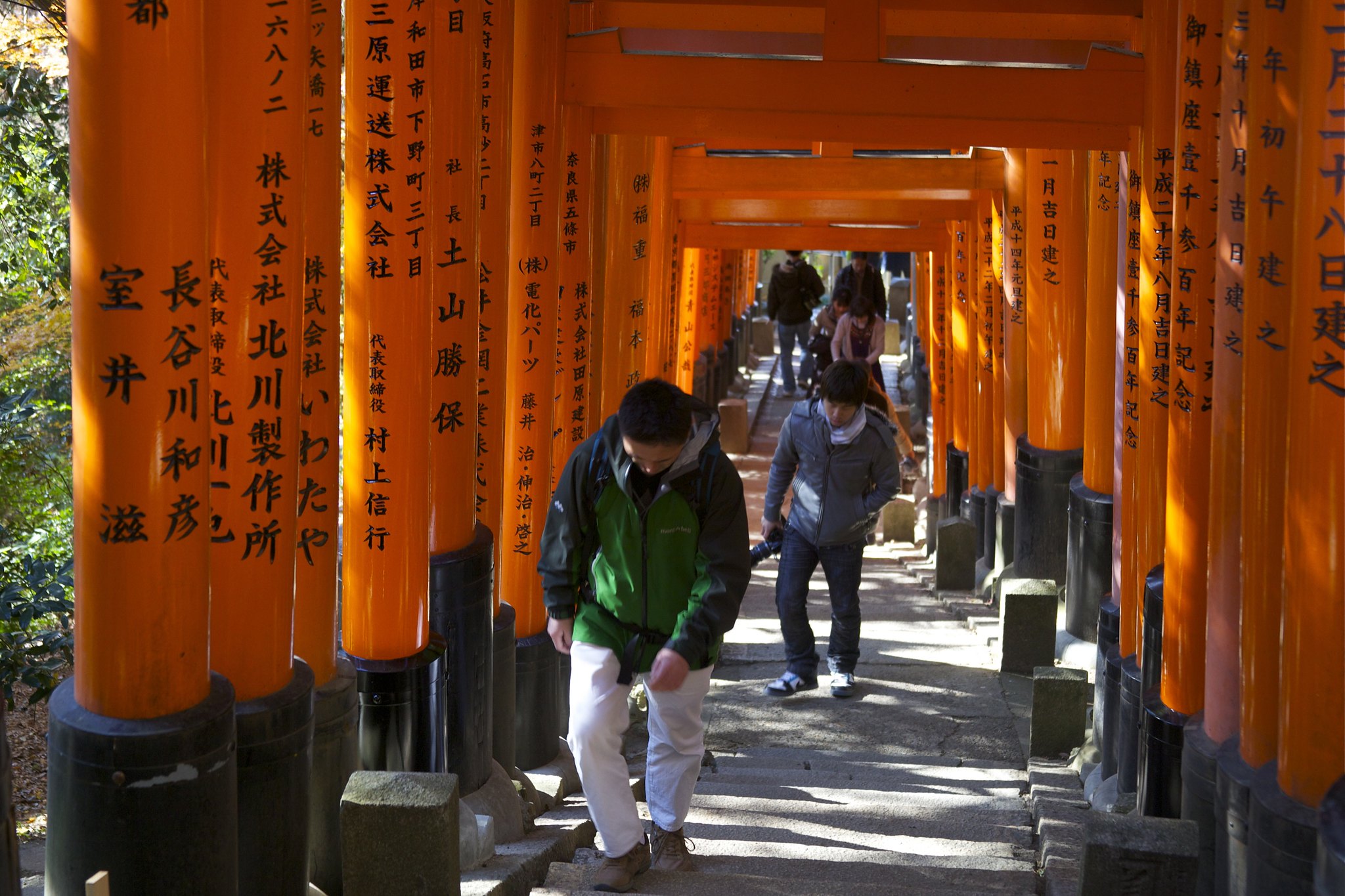
The ten lead up Inari mountain, which yields some awesome views of Kyoto.
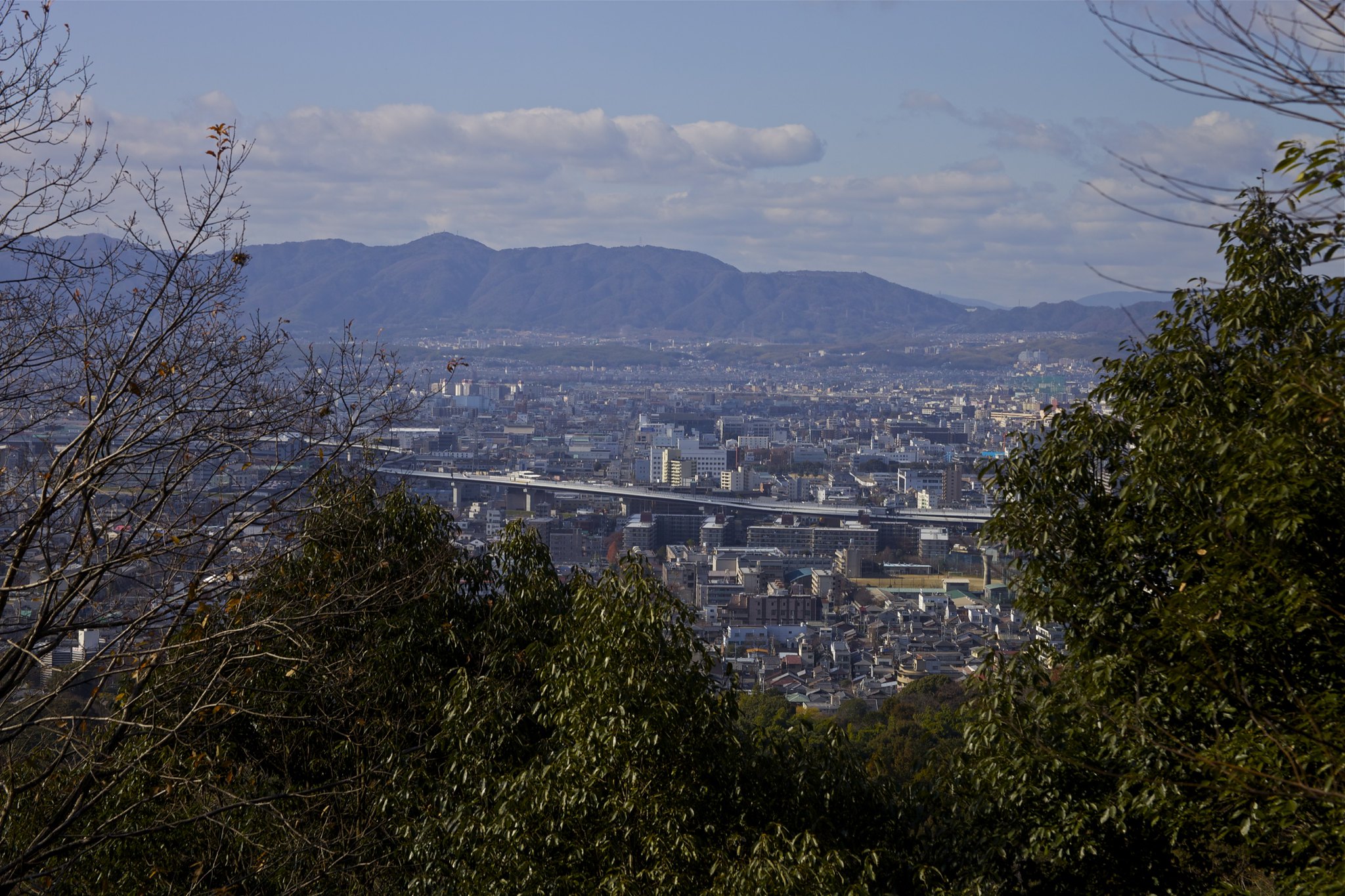
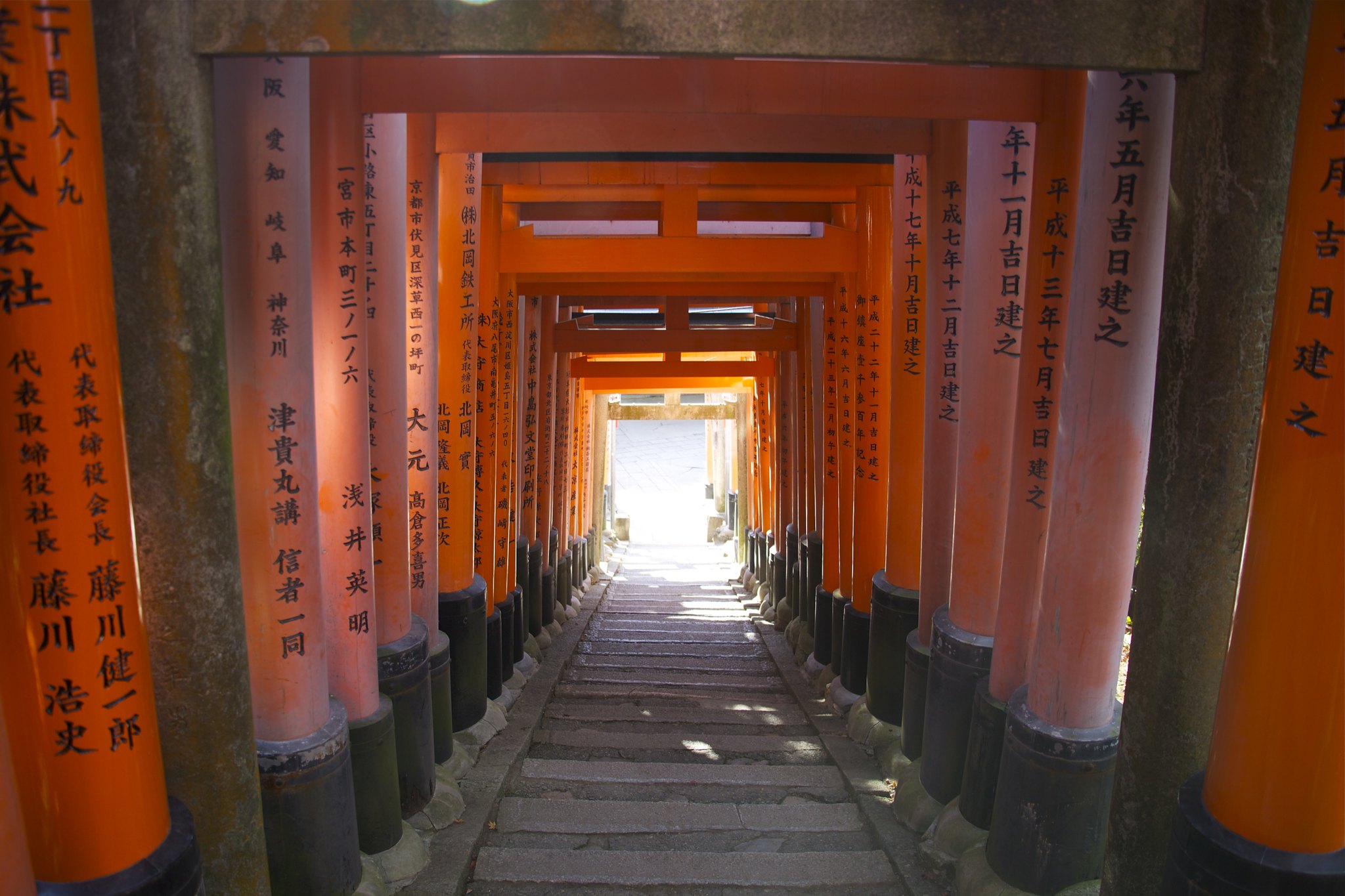
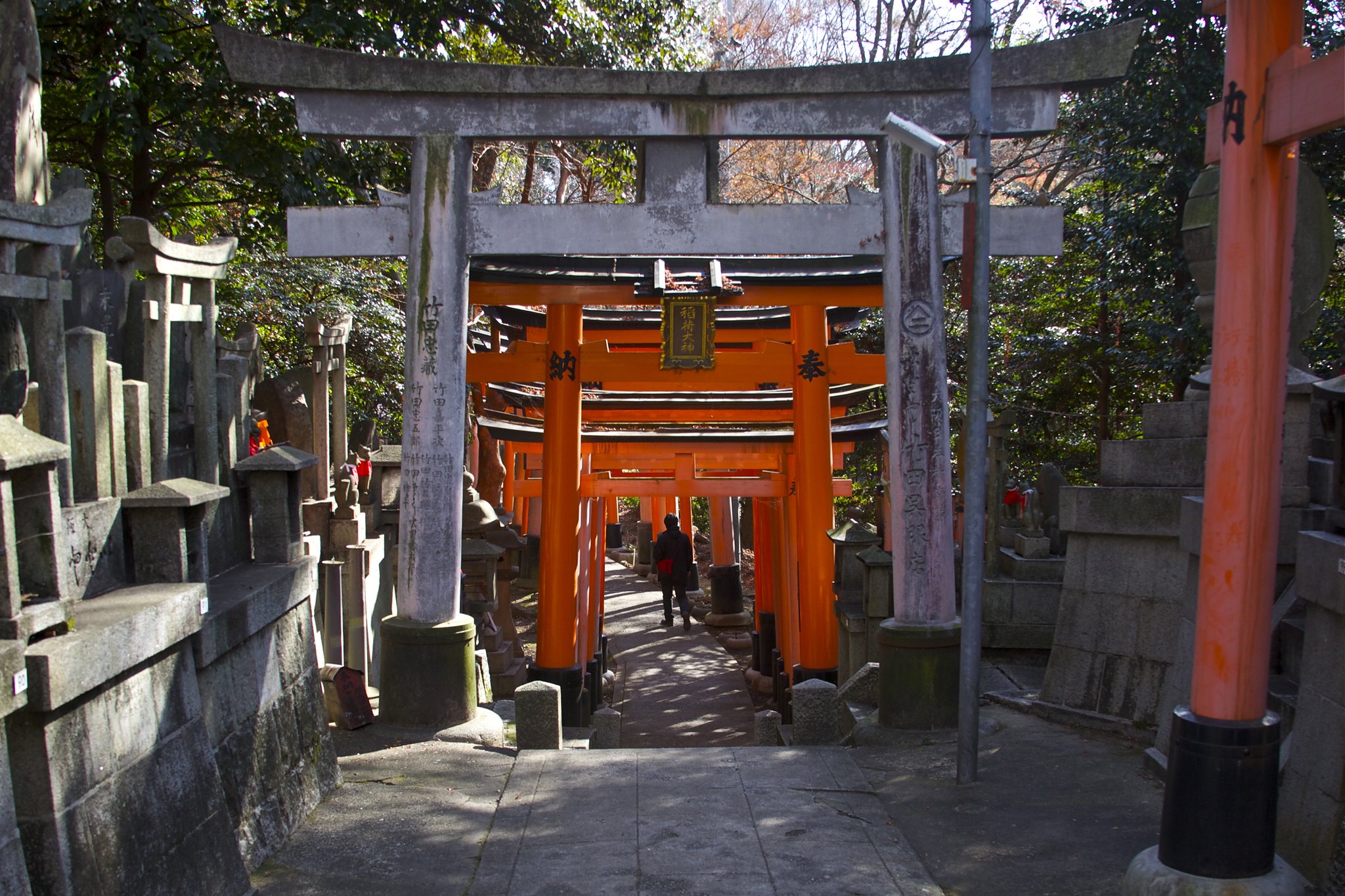
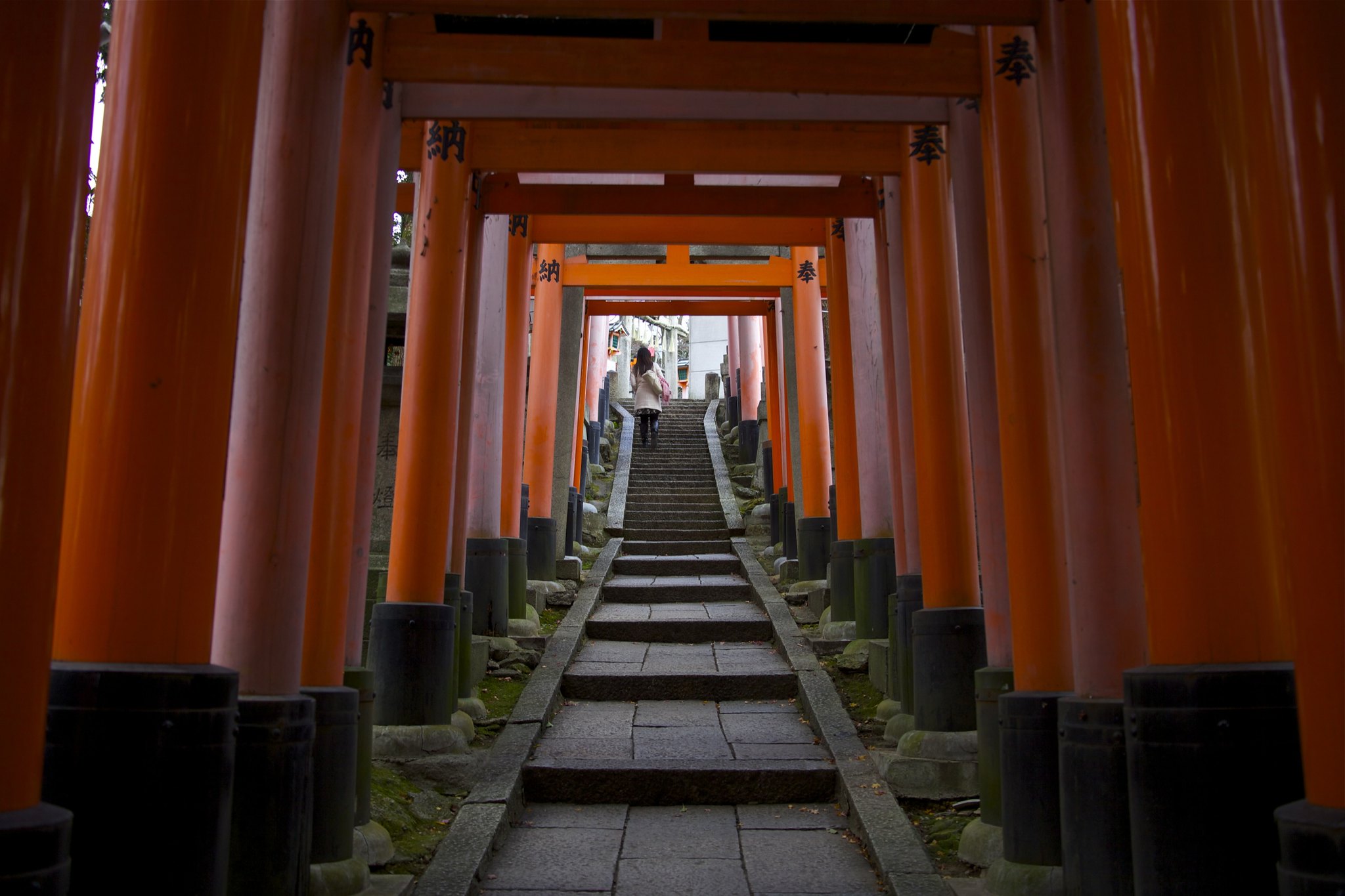
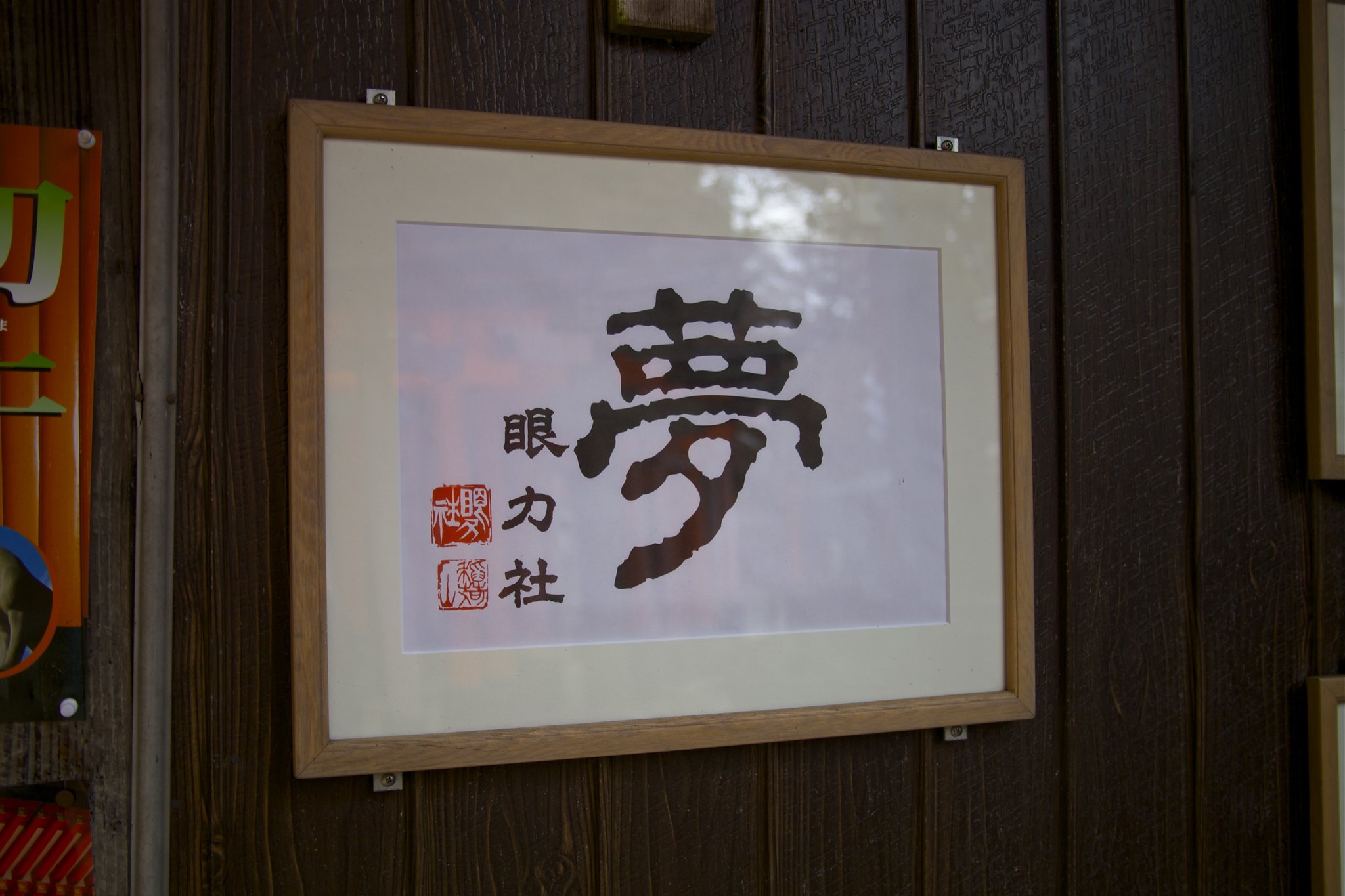
This is my favorite kanji. Yume, or dream.
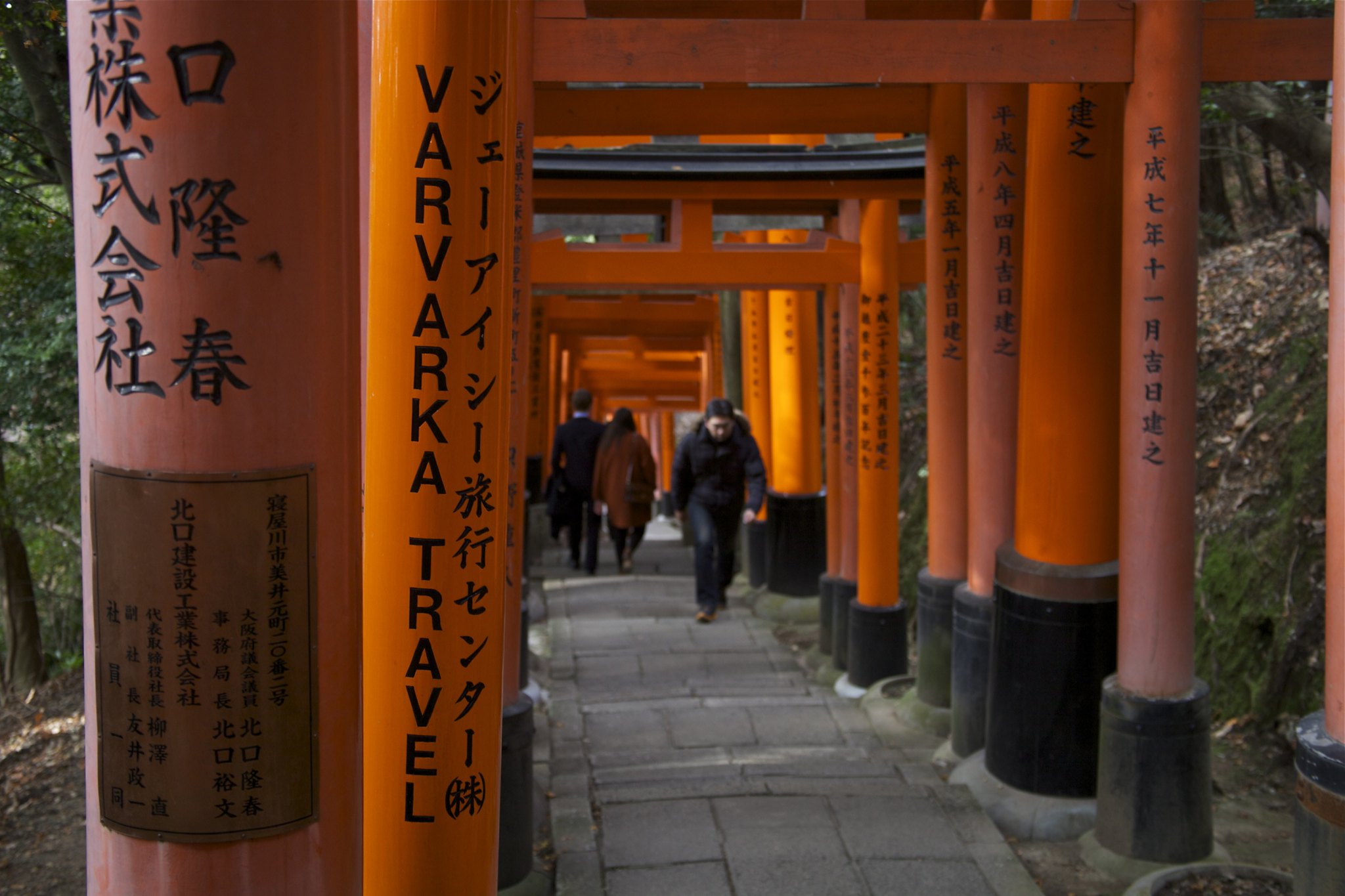
Not as romantic in English.
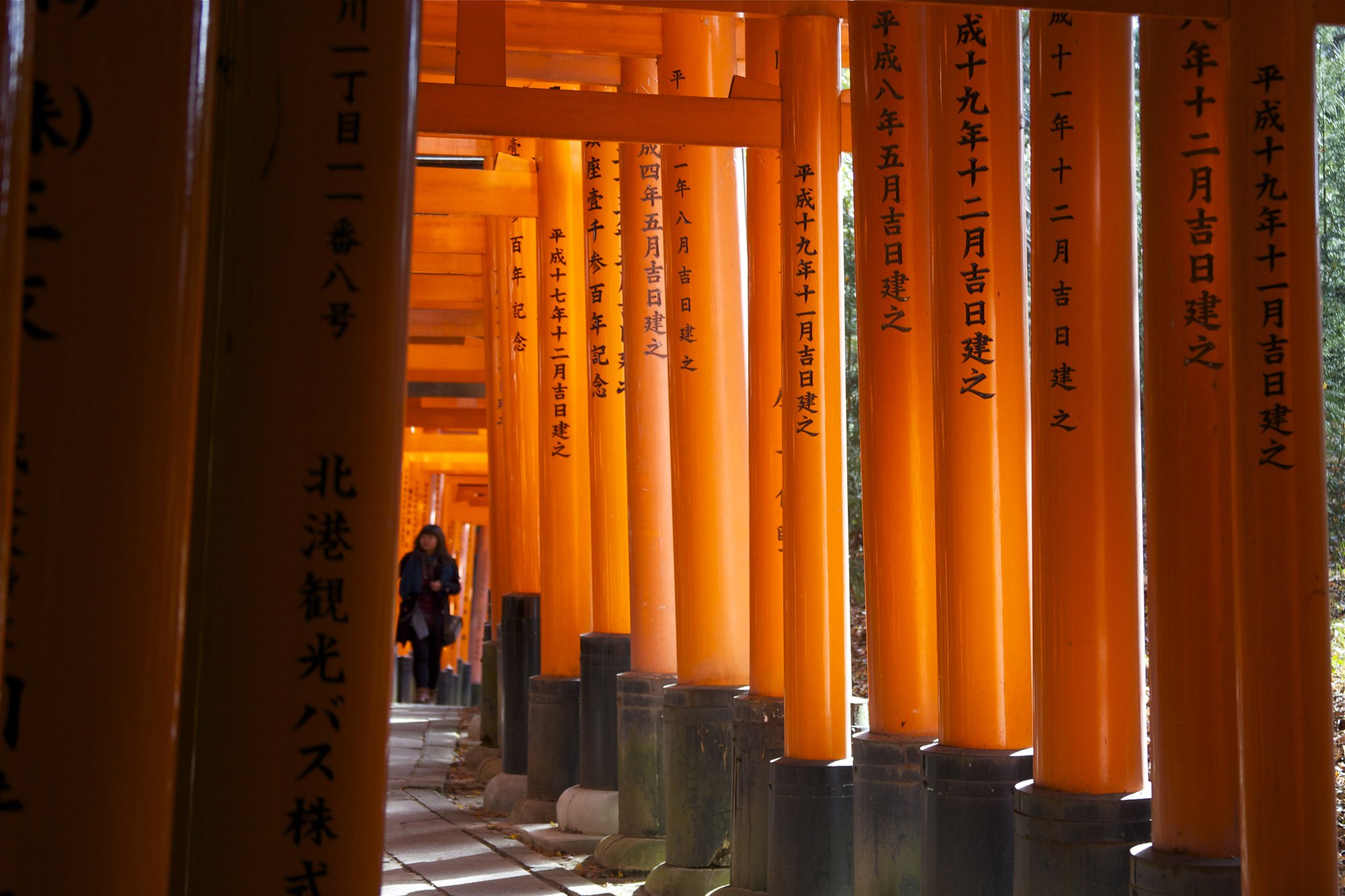
Afterward
After Fushimi we headed into Kyoto to see the Hongan-ji, one of the biggest buddhist temples in the region.
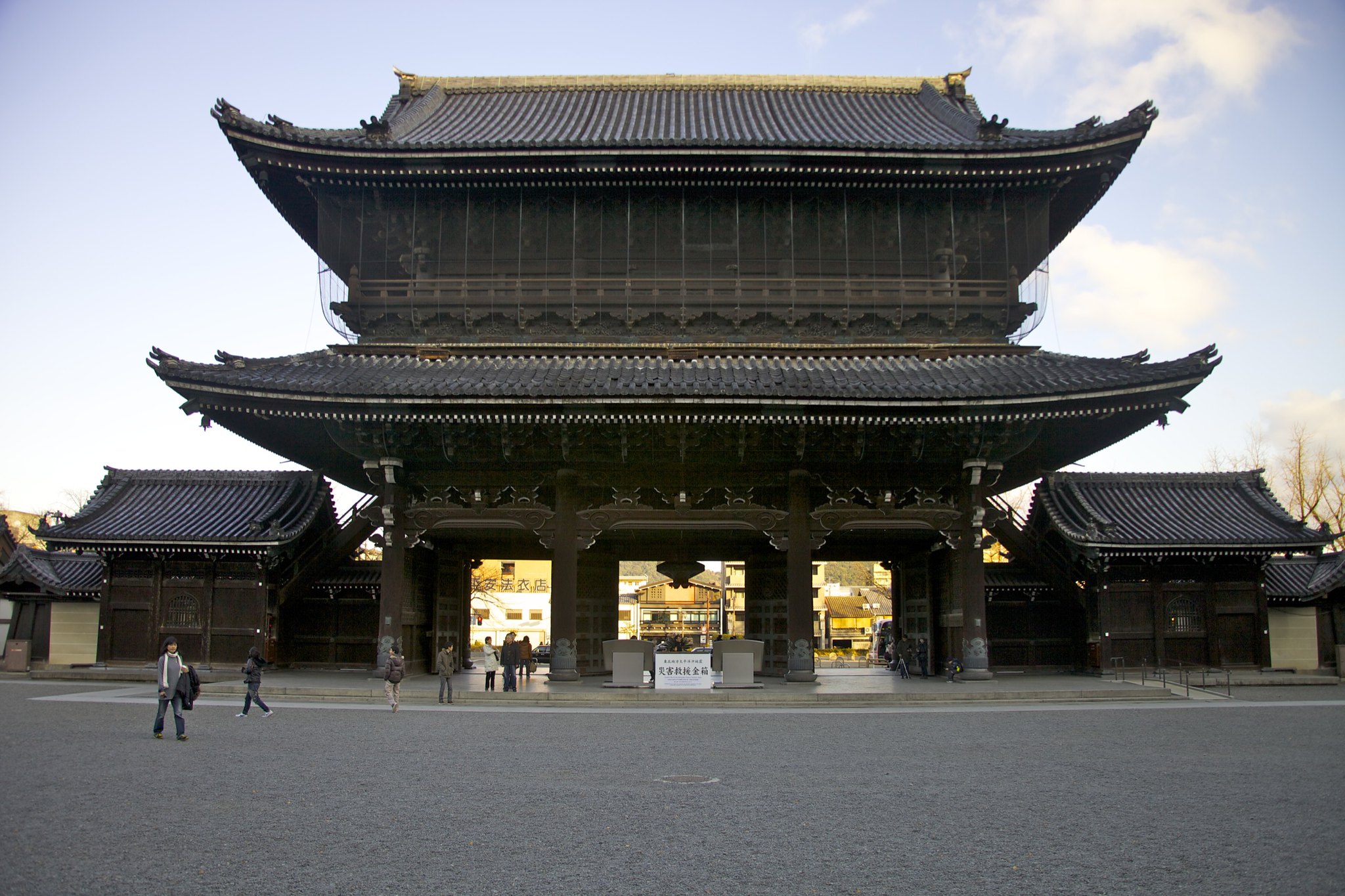
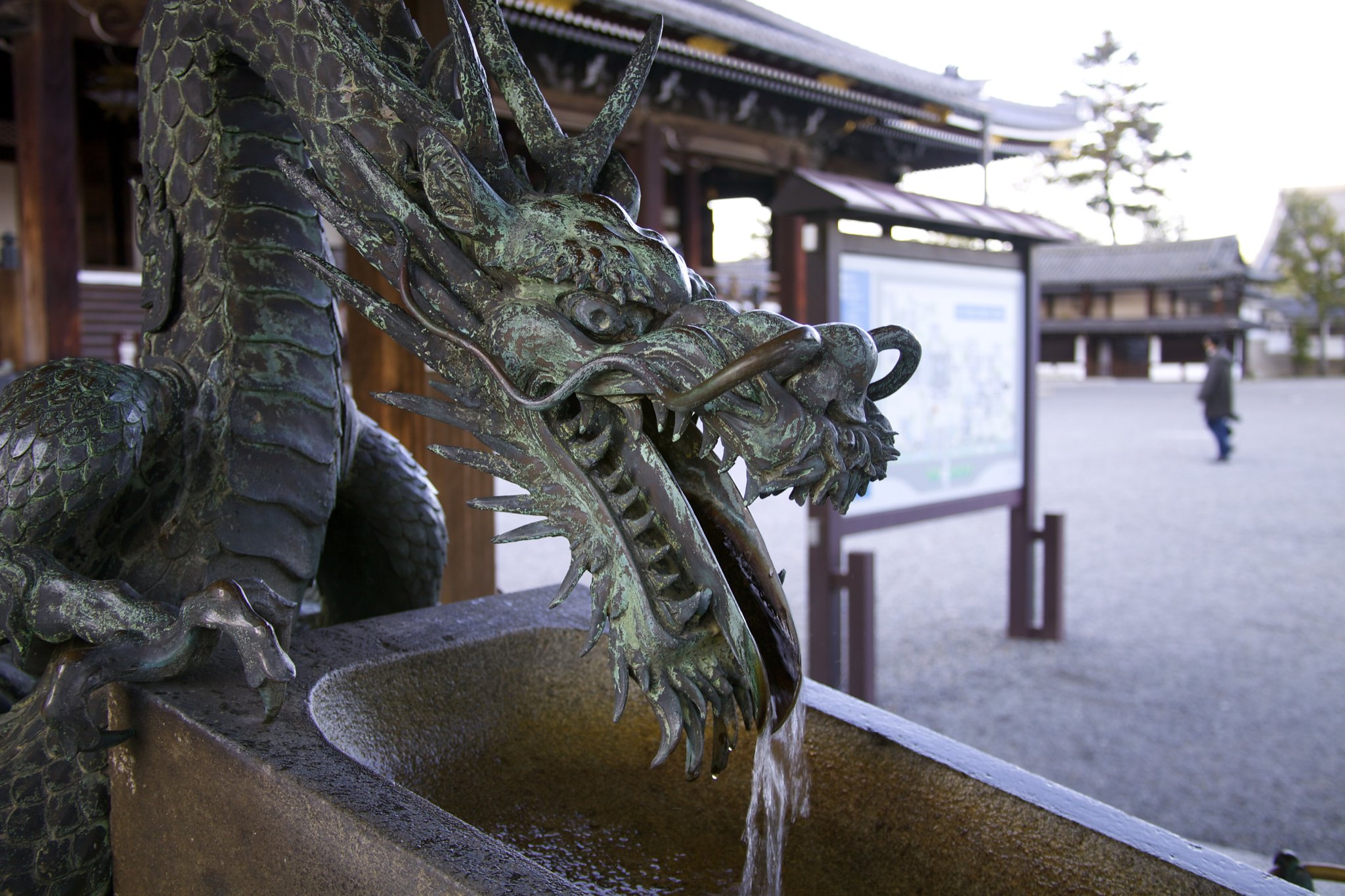
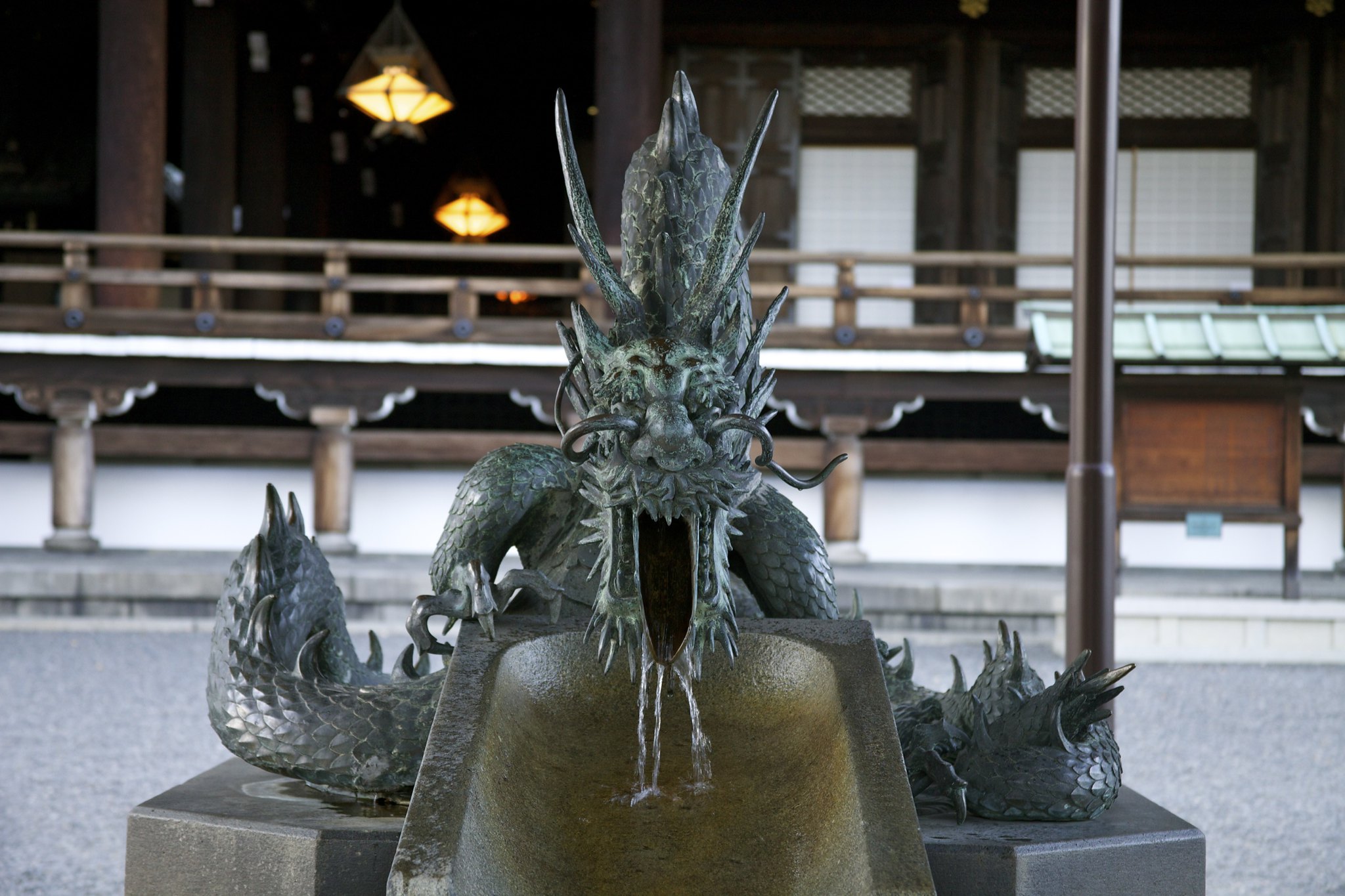
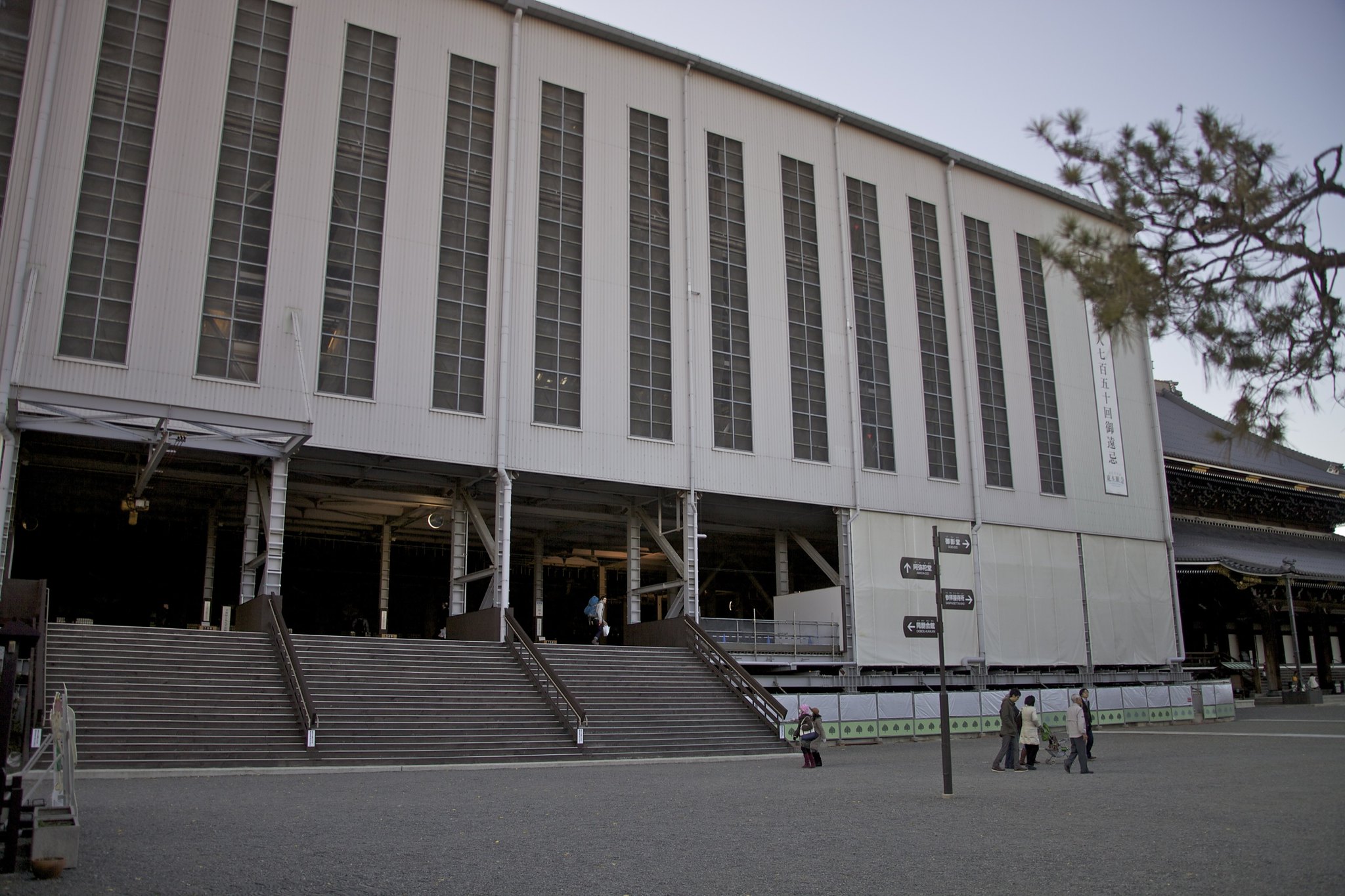
I found it amazing that in order to protect part of the temple, they built an entire superstructure around it.